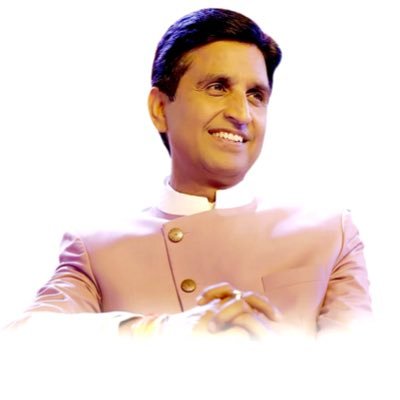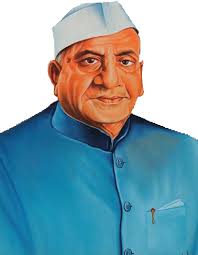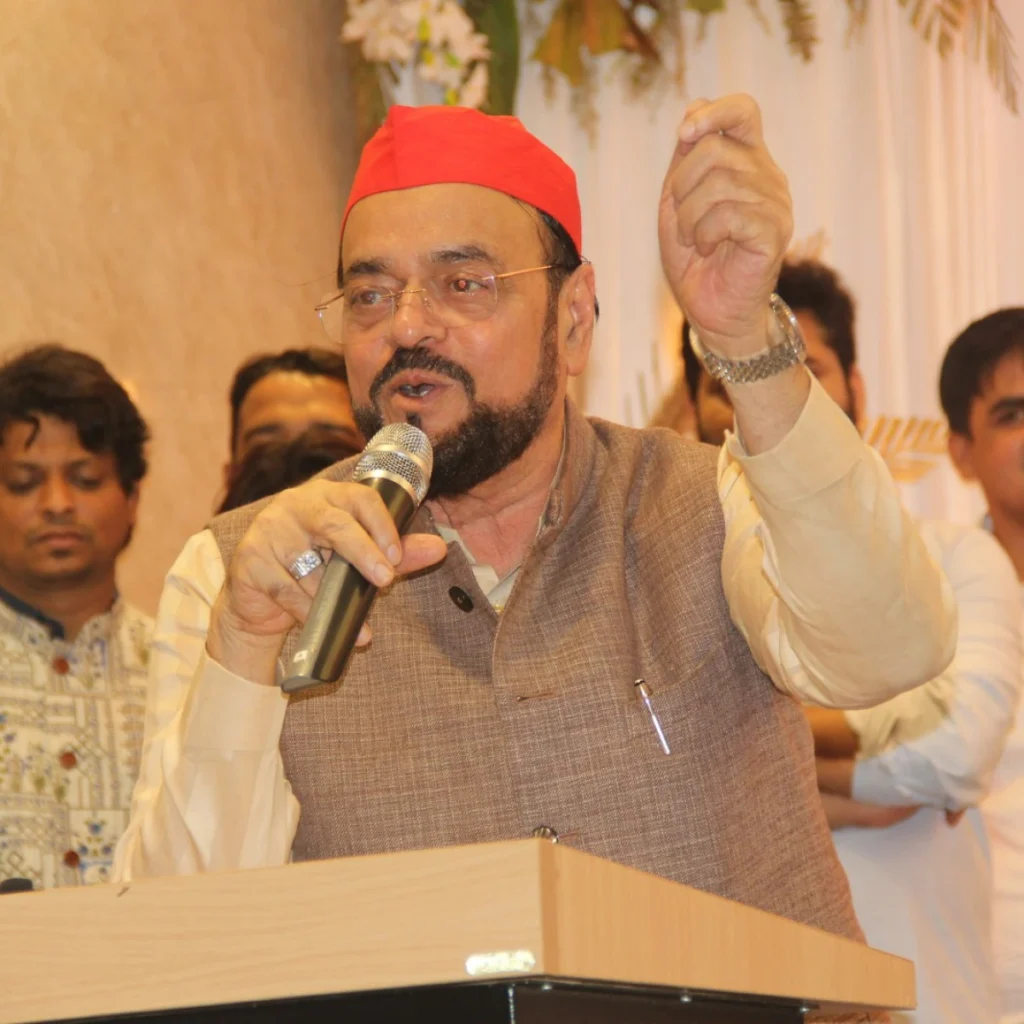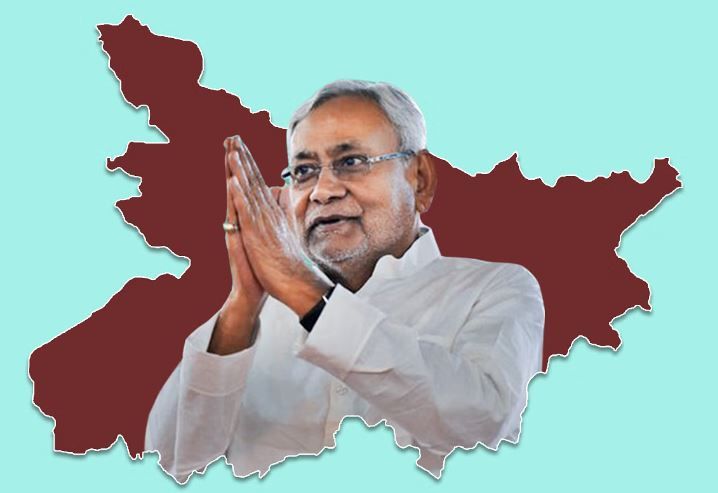Jawaharlal Nehru, often affectionately referred to as Pandit Nehru, stands as one of the central figures in India’s struggle for independence and the subsequent shaping of the nation. As the first Prime Minister of independent India, Nehru played a pivotal role in laying the foundations of a democratic, secular, and socialist republic. This essay delves into the life, contributions, and enduring legacy of Jawaharlal Nehru, tracing his journey from a scion of privilege to the architect of modern India.
Early Life and Education:
Jawaharlal Nehru was born on November 14, 1889, into a wealthy Kashmiri Brahmin family in Allahabad, British India. His father, Motilal Nehru, was a prominent lawyer and a key figure in the Indian National Congress, while his mother, Swaruprani Thussu, came from a distinguished Kashmiri lineage. Nehru received his early education at home under private tutors before attending Harrow School and later Trinity College, Cambridge.
It was during his time in England that Nehru was exposed to the ideas of socialism, liberalism, and nationalism, which would profoundly influence his political beliefs and worldview. He returned to India in 1912, determined to contribute to the struggle for independence and the upliftment of his fellow countrymen.
Role in the Independence Movement:
Jawaharlal Nehru’s political career took off in the 1920s when he became actively involved in the Indian National Congress, then at the forefront of the struggle against British colonial rule. He was deeply influenced by Mahatma Gandhi’s philosophy of non-violent resistance and became one of his closest associates and proteges.
Nehru’s commitment to the cause of independence led to his frequent imprisonment and brushes with the colonial authorities. He played a leading role in various mass movements, including the Non-Cooperation Movement and the Civil Disobedience Movement, mobilizing people from all walks of life in the fight against British imperialism.
As India moved closer to independence, Nehru emerged as a prominent voice for the vision of a modern, secular, and democratic nation-state. He was instrumental in drafting the Indian National Congress’s manifesto for independence, which laid out the principles of social justice, equality, and economic development.
First Prime Minister of India:
Following India’s independence in 1947, Jawaharlal Nehru was unanimously elected as the country’s first Prime Minister. He assumed office at a time of immense challenges, including the partition of British India into the independent nations of India and Pakistan, communal violence, and the task of nation-building from scratch.
Nehru’s leadership during this critical period was marked by a deep sense of idealism, pragmatism, and vision. He sought to consolidate the newly independent nation by promoting secularism, democracy, and social welfare policies. The principles of the Nehruvian consensus, which emphasized state-led economic planning, industrialization, and social justice, laid the groundwork for India’s development trajectory in the post-independence era.
Achievements and Contributions:
Jawaharlal Nehru’s tenure as Prime Minister witnessed significant strides in various fields, including education, healthcare, infrastructure, and industrialization. He spearheaded the establishment of premier educational institutions such as the Indian Institutes of Technology (IITs), the Indian Institutes of Management (IIMs), and the All India Institute of Medical Sciences (AIIMS), laying the foundation for India’s knowledge economy.
Nehru was also a staunch advocate for India’s foreign policy of non-alignment, which sought to maintain equidistance from the Cold War superpowers and promote global peace and cooperation. His diplomatic efforts played a crucial role in shaping India’s international stature and fostering relations with newly independent nations in Asia, Africa, and Latin America.
Legacy and Influence:
Jawaharlal Nehru’s legacy as a statesman, visionary, and nation-builder endures to this day. His commitment to secularism, democracy, and social justice remains central to India’s constitutional ethos and national identity. The Nehruvian consensus, with its emphasis on state intervention in the economy and welfare-oriented policies, continues to shape India’s development paradigm.
Nehru’s contributions to nation-building extend beyond the realm of politics and governance. He was also a prolific writer and intellectual, penning numerous books and essays on a wide range of topics, including history, politics, and culture. His autobiography, “The Discovery of India,” remains a seminal work that offers insights into India’s rich heritage and its quest for freedom and identity.
Conclusion:
Jawaharlal Nehru’s life and legacy encapsulate the spirit of India’s struggle for independence and its aspirations for a democratic and inclusive society. As the architect of modern India, he laid the foundation for the country’s political, economic, and social transformation. Nehru’s vision of India as a vibrant democracy, a secular republic, and a leader of the developing world continues to inspire generations of Indians and remains relevant in the face of contemporary challenges. Truly, Jawaharlal Nehru stands as a towering figure in India’s history, revered for his ideals, his intellect, and his unwavering commitment to the nation’s progress and prosperity.






